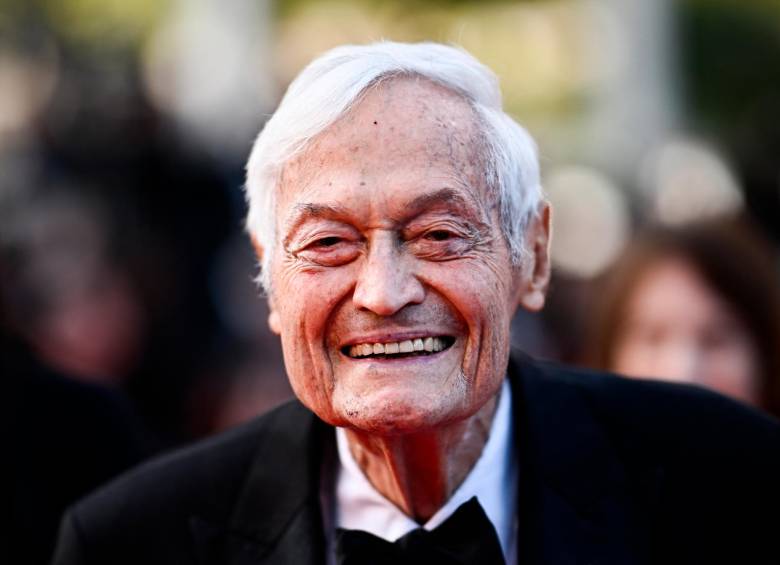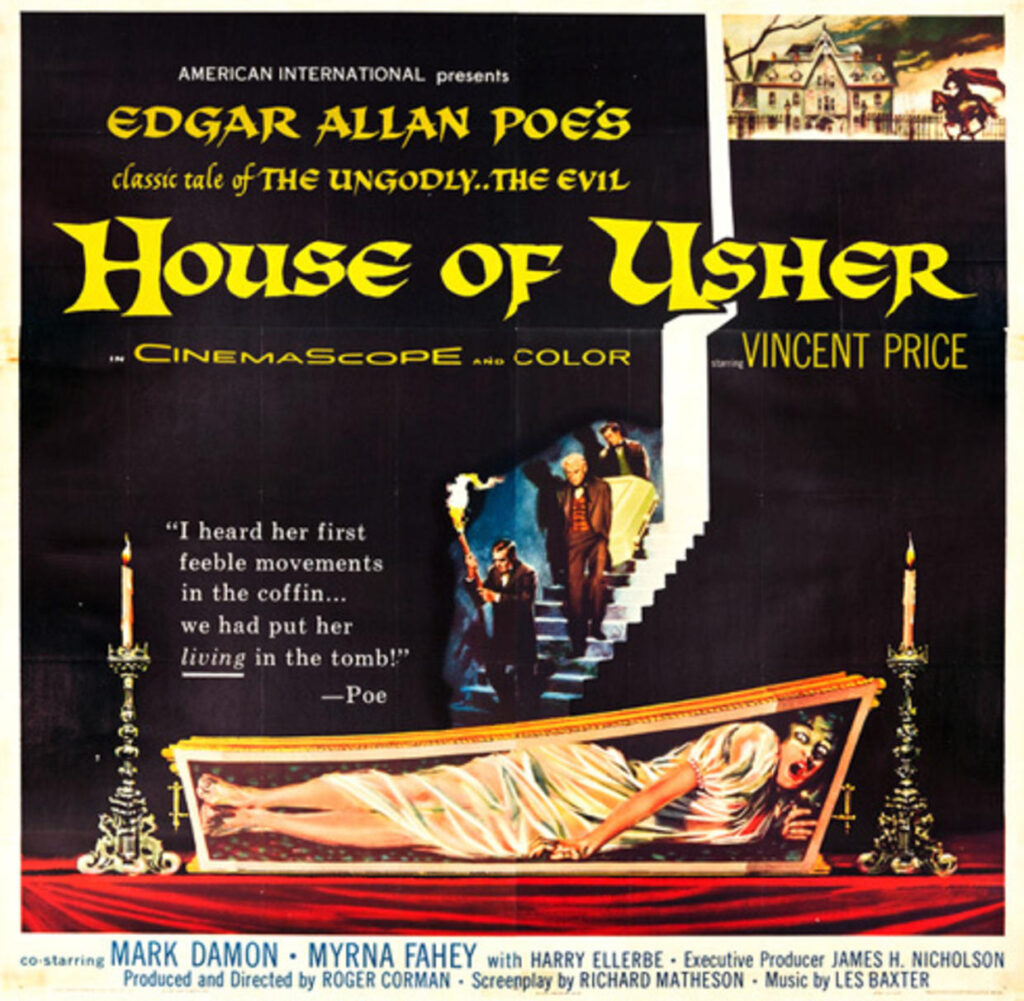Roger Corman (1926–2024): Master of Low-Budget Filmmaking

Roger Corman, the prolific filmmaker known as the “Pope of Pop Cinema” and and “The King of Cult” passed away peacefully at the age of 98. A trailblazer in the world of independent cinema, Corman’s career spanned more than six decades, during which he produced over 300 films—directing around 50 of them—that left an indelible mark on the industry.
Corman specialized in fast-paced, low-budget genre movies, mainly horror, westerns, action, and science fiction, that he wrote, produced, and occasionally directed. His debut as a producer came with the 1954 film “Monster from the Ocean Floor,” and he quickly became known for his ability to deliver high-quality films on minimal budgets.
His production companies had a reputation for efficiency and creativity and became the training grounds for several young directors including Peter Bogdanovich who worked as Corman’s assistant as well as the director for both “Targets, ” with Boris Karloff, and “Voyage to the Planet of Prehistoric Women.” Other directors who would begin their careers under Corman’s guidance include Jonathan Demme (“Caged Heat”), Francis Ford Coppola (“Dementia 13”), Martin Scorsese (“Boxcar Bertha”), Joe Dante (“”Piranha”), and Ron Howard (“Grand Theft Auto”). Corman’s film companies would also support the likes of John Sayles, James Cameron, Jack Nicholson, Peter Fonda, Ellen Burstyn, and William Shatner early in the career.

Known for producing and movies such as “Machine-Gun Kelly,” “A Bucket of Blood,” “Little Shop of Horrors,” “Death Race 2000,” “Rock ‘n’ Roll High School,” and “Deathsport,” Corman is also know for his eight-film adaptation of Edgar Allan Poe’s works. These include “House of Usher,” “The Pit and the Pendulum,” and “The Masque of the Red Death,” which were exemplars of his inventive storytelling, atmospheric settings, and often campy, yet engaging, horror and science fiction themes. He was awarded an honorary Oscar in 2009 for his rich contributions to cinema, acknowledging his role as a nurturing mentor and a master of low-budget film-making.
Roger Corman’s legacy is not only found in his extensive filmography but also in the generations of filmmakers who were inspired and influenced by his work. His passion, resourcefulness, and unyielding dedication to the art of cinema have left an enduring legacy that will continue to inspire for years to come.
